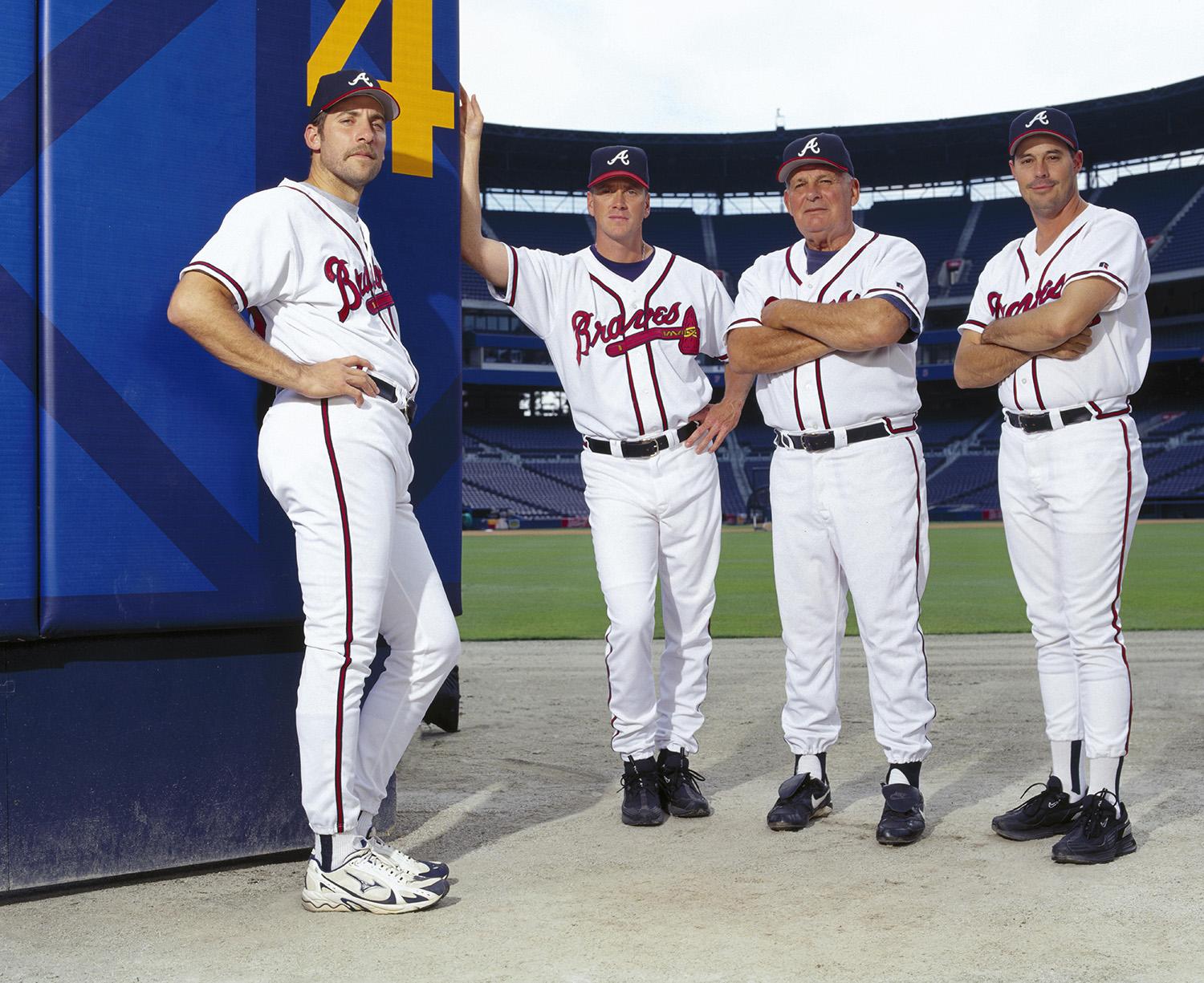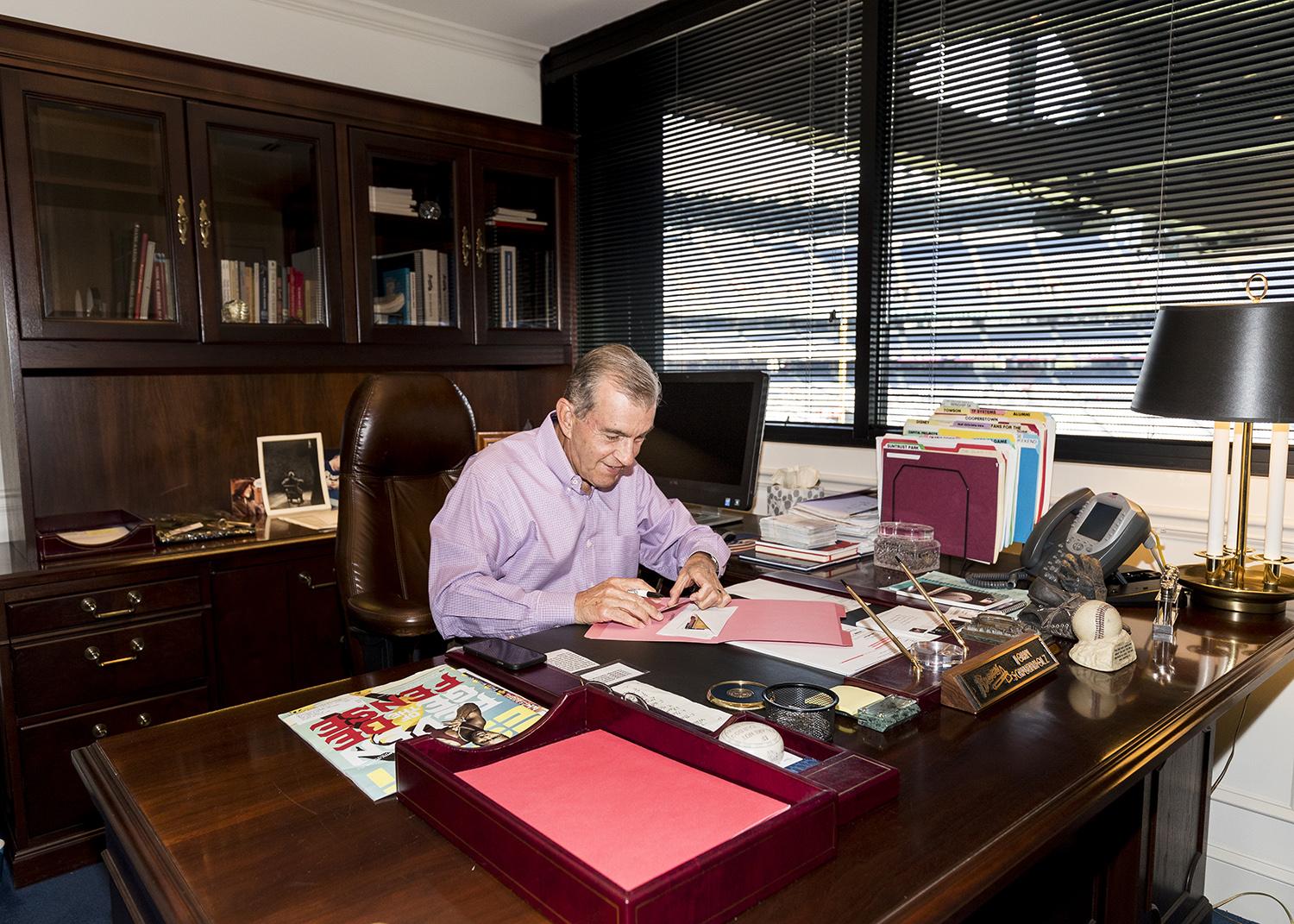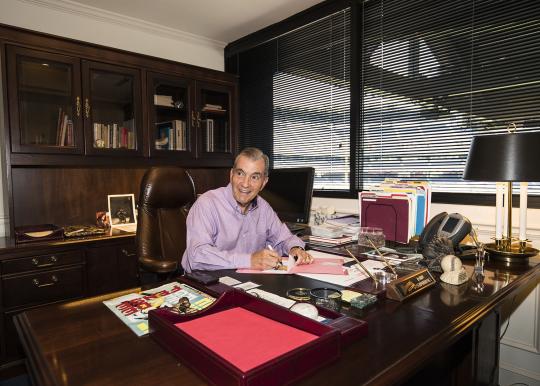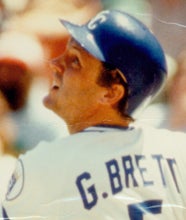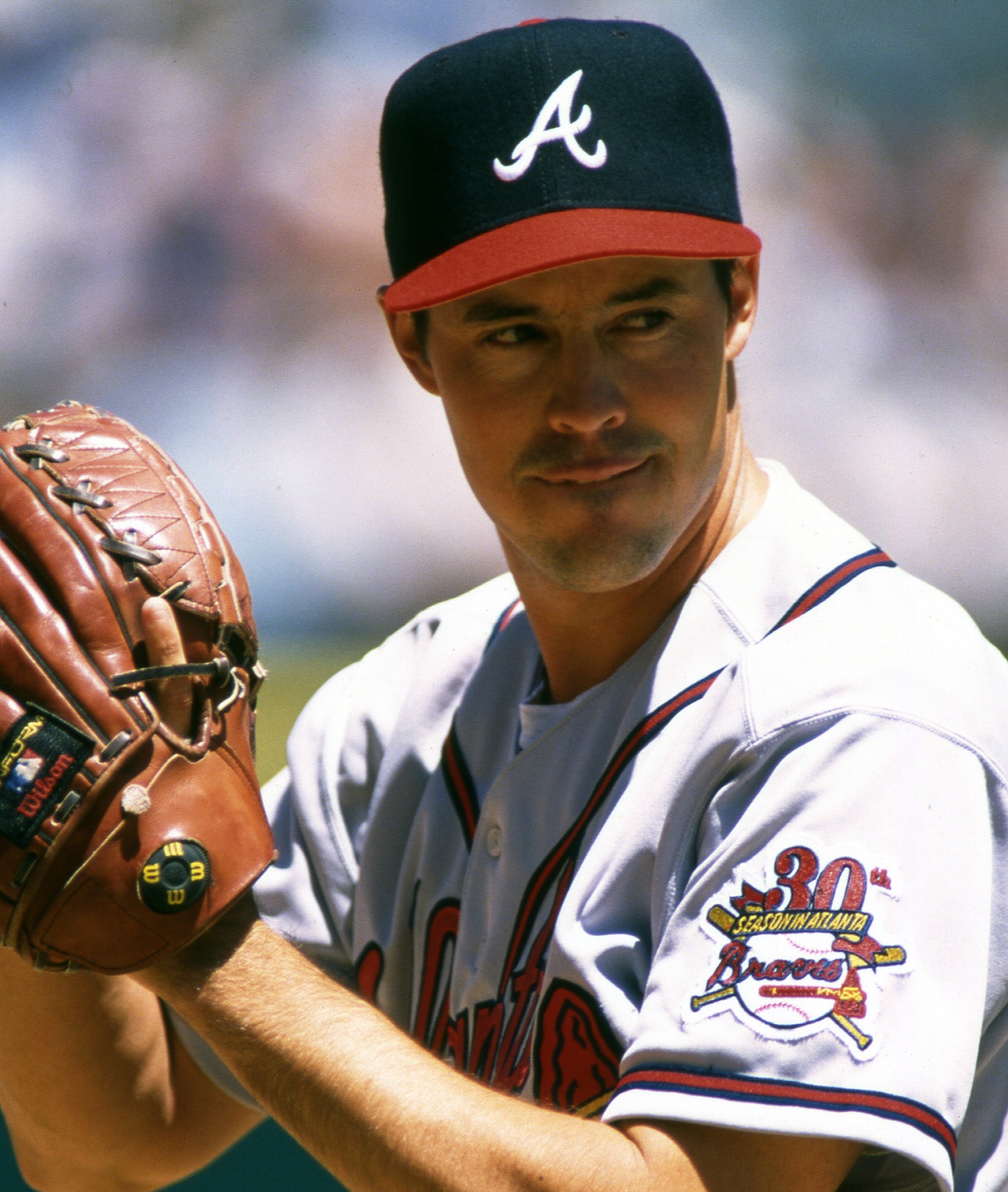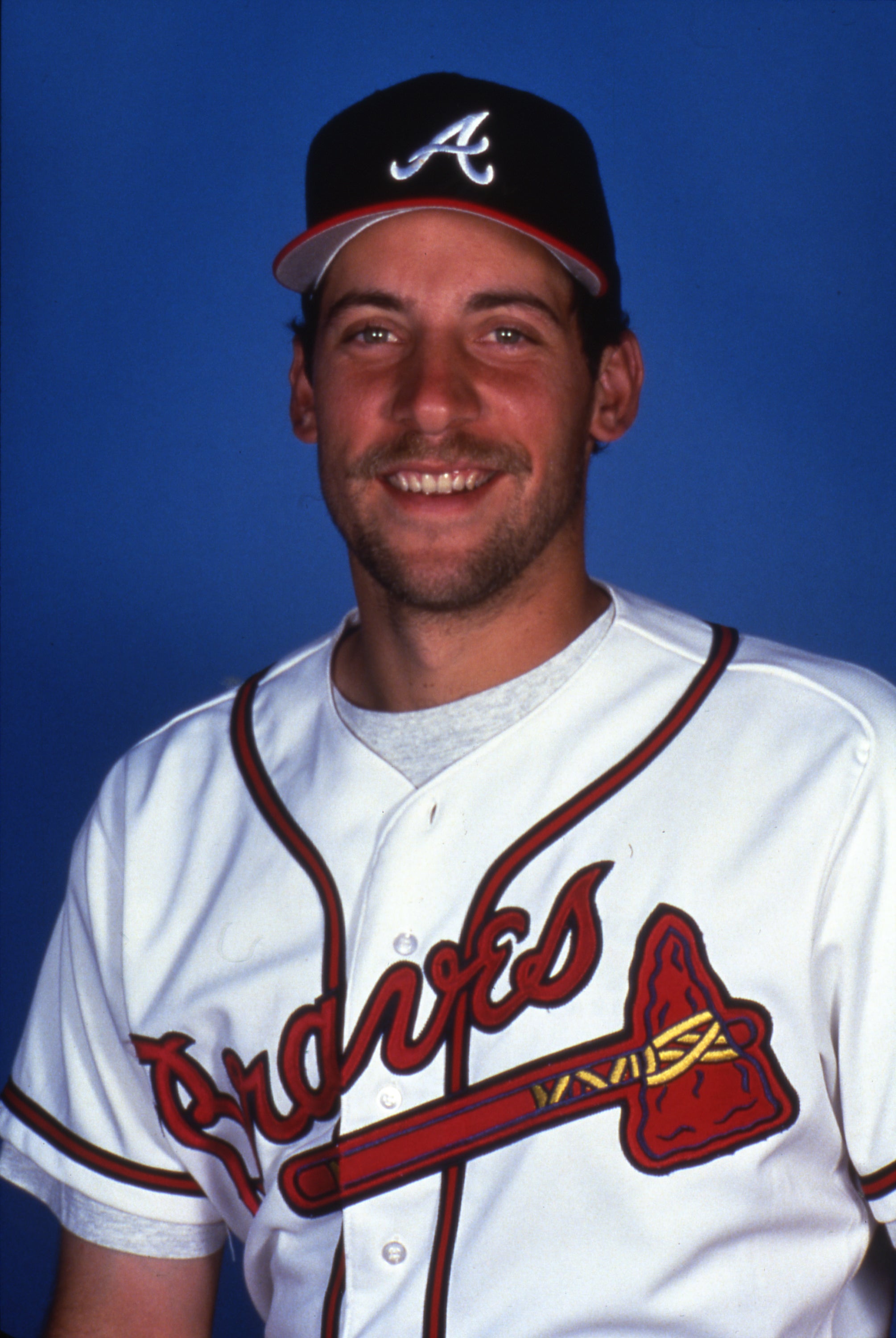Unless you’ve ever been on the inside and worked with him, there’s no way you can appreciate (Schuerholz’s) baseball intelligence
- Home
- Our Stories
- King John Schuerholz
King John Schuerholz
Former Royals and Braves general manager John Schuerholz built championship teams his way
John Schuerholz entered the world of big league baseball with a letter to a man he did not know. Six decades later, Schuerholz is known by nearly everyone in baseball – and stands poised to join the game’s legends in Cooperstown.
Schuerholz, the vice chairman of the Atlanta Braves, is one of 10 candidates on the Today’s Game Era Committee ballot this fall after a stellar career as an executive with Atlanta and the Kansas City Royals at the National Baseball Hall of Fame and Museum. The Today’s Game Era Committee will vote on Dec. 5 at baseball’s Winter Meetings in National Harbor, Md.
The 10 candidates on the Today’s Game Era Committee ballot are: Harold Baines, Albert Belle, Will Clark, Orel Hershiser, Davey Johnson, Mark McGwire, Lou Piniella, Bud Selig, George Steinbrenner and Schuerholz. Any candidate who receives at least 75 percent of all ballots cast will be enshrined in the Hall of Fame on July 30 as part of the Class of 2017.
Bio
Born Oct. 1, 1940, Schuerholz was raised in Baltimore. His father, John, was a minor league second baseman in the Philadelphia A’s organization before a broken leg derailed his career.
Schuerholz followed his father’s footsteps in high school as a second baseman, but received no offers after graduating and instead enrolled at nearby Towson University. There, Schuerholz was an all-conference selection in both baseball and soccer and was named Athlete of the Year during his senior season.
With his degree in hand, Schuerholz became a junior high teacher in the Baltimore suburb of Dundalk. But in 1966, Schuerholz took one last shot at a baseball career – sending a letter of inquiry to Jerold Hoffberger, the president of the National Brewing Company and chairman of the Orioles.
The letter found its way to Orioles president Frank Cashen, who personally replied to every letter he received. That brought Schuerholz to the attention of Orioles director of player development Lou Gorman, who hired Schuerholz as a personal assistant.
John Schuerholz inherited talent like John Smoltz (far left) and Tom Glavine (middle left) when he joined the Braves in 1990, and manager Bobby Cox (middle right) was already on the scene. But over the next few seasons, Schuerholz brought in players like Greg Maddux (far right) that combined with the talent on hand to make the Braves a perennial contender. (National Baseball Hall of Fame)
Two years later, Gorman joined the front office of the expansion Kansas City Royals, and Schuerholz went with him.
“The very first day I started in that job (with the Orioles), my goal was to become a general manager of a Major League Baseball team,” Schuerholz said. “I gave myself five years, after which I would assess where I was in my career – because I felt I could always go back to teaching if I didn’t succeed.”
Five years into his baseball career, Schuerholz was still working for Gorman – helping lay the foundation for the talented Royals teams of the late 1970s that featured homegrown stars Frank White, Al Cowens and future Hall of Famer George Brett. Gorman was named the Royals’ general manager in the fall of 1975, and Schuerholz became the team’s farm director.
Then in early 1976, Gorman left to run the expansion Seattle Mariners – and Schuerholz was promoted to director of scouting and player development for the Royals. In 1979, Schuerholz was named Vice President of Player Personnel.
In 1981, Schuerholz took over for Joe Burke as the Royals’ general manager when Burke was promoted to team president.
“Unless you’ve ever been on the inside and worked with him, there’s no way you can appreciate (Schuerholz’s) baseball intelligence,” said former Braves executive Paul Snyder.
Schuerholz took over a Royals franchise that won four American League West titles in five years (1976-78, 1980) and an AL pennant (1980), but seemed to be in transition. By 1985, Schuerholz had re-tooled much of the team with younger talent – especially pitchers like Bret Saberhagen, Danny Jackson and Bud Black. In 1985, the Royals won their first World Series title – defeating the Cardinals in a classic seven-game battle.
Following the 1985 season, Schuerholz was named the Executive of the Year by the Sporting News.
“I want to be here. I like it here,” said Schuerholz in 1985. “I have a lot of my blood and sweat in this organization.”
But by 1990, Schuerholz – who signed a “lifetime” contract with the Royals in 1985 – was looking for a different challenge. He found one with the Braves, who had posted losing records from 1984-90 and were searching for a new general manager when Bobby Cox went back to the dugout after a stint as GM. Schuerholz immediately helped the Braves go from worst to first, winning the National League pennant in 1991 after finishing last in the NL West the year before.
Schuerholz inherited talent like Tom Glavine and John Smoltz, but added to the mix by acquiring Greg Maddux, Terry Pendleton and Fred McGriff over the next few seasons.
“(Schuerholz) knows what he wants,” said former Indians general manager John Hart. “He’s always prepared (during trade negotiations), and he doesn’t mince words.”
Under Schuerholz, the Braves embarked on a run unseen in big league history. For 14 seasons from 1991-2005, the Braves finished first in their division in every completed season. Atlanta advanced to the World Series four times in that stretch, winning the 1995 Fall Classic title.
He became the first general manager to lead teams to World Series titles in both the American League and National League.
“We could have been a one-shot wonder,” Schuerholz said during the Braves’ run. “The consistency of or success is a great source of pride for me.”
Schuerholz spent 17 years as the Braves’ general manager, then took over as team president following the 2007 season and is now the team's vice chairman.
Craig Muder is the director of communications for the National Baseball Hall of Fame and Museum
More 2017 Today's Game Era Candidate Bios
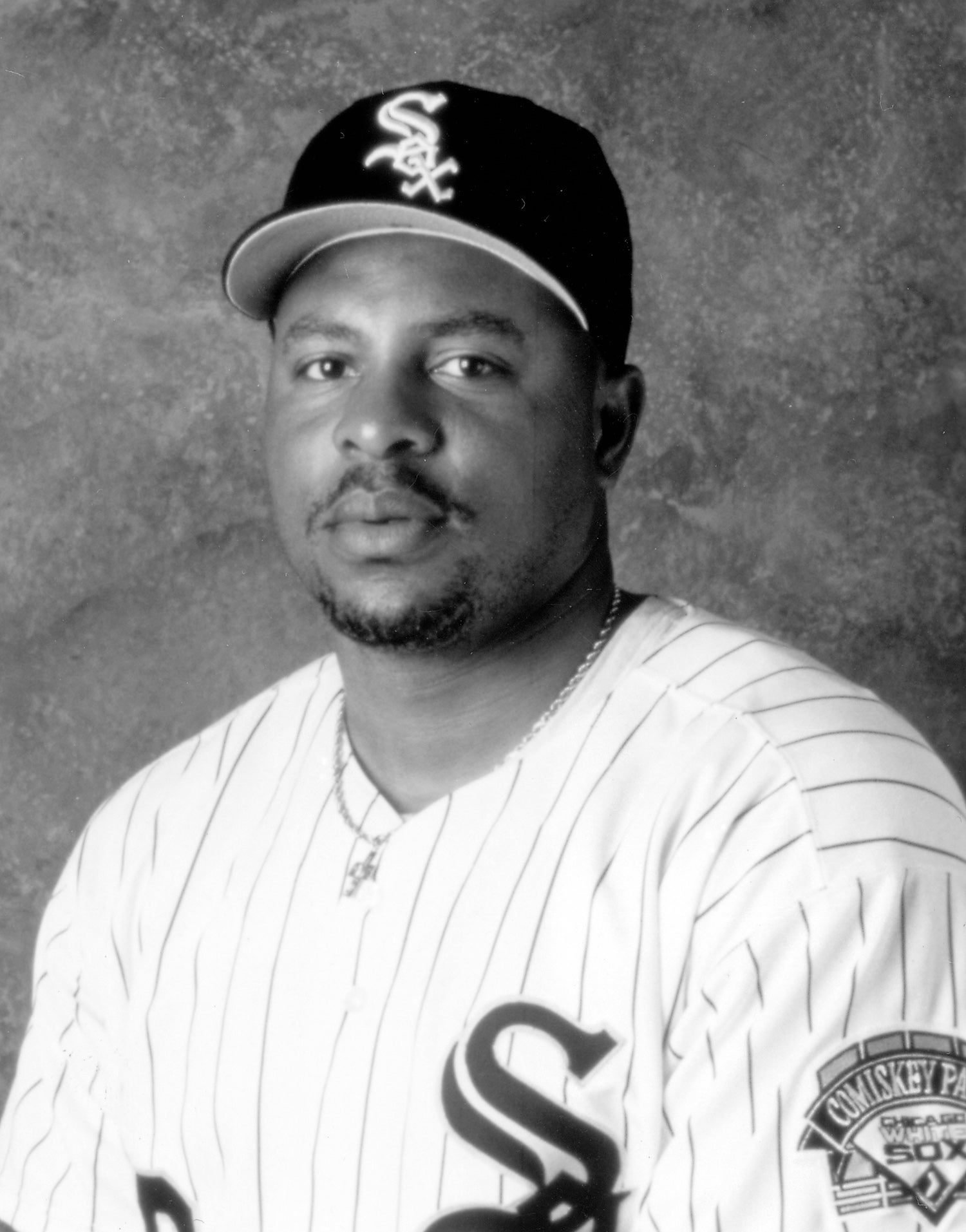
Albert Belle’s numbers earn him a place on Today’s Game Era ballot
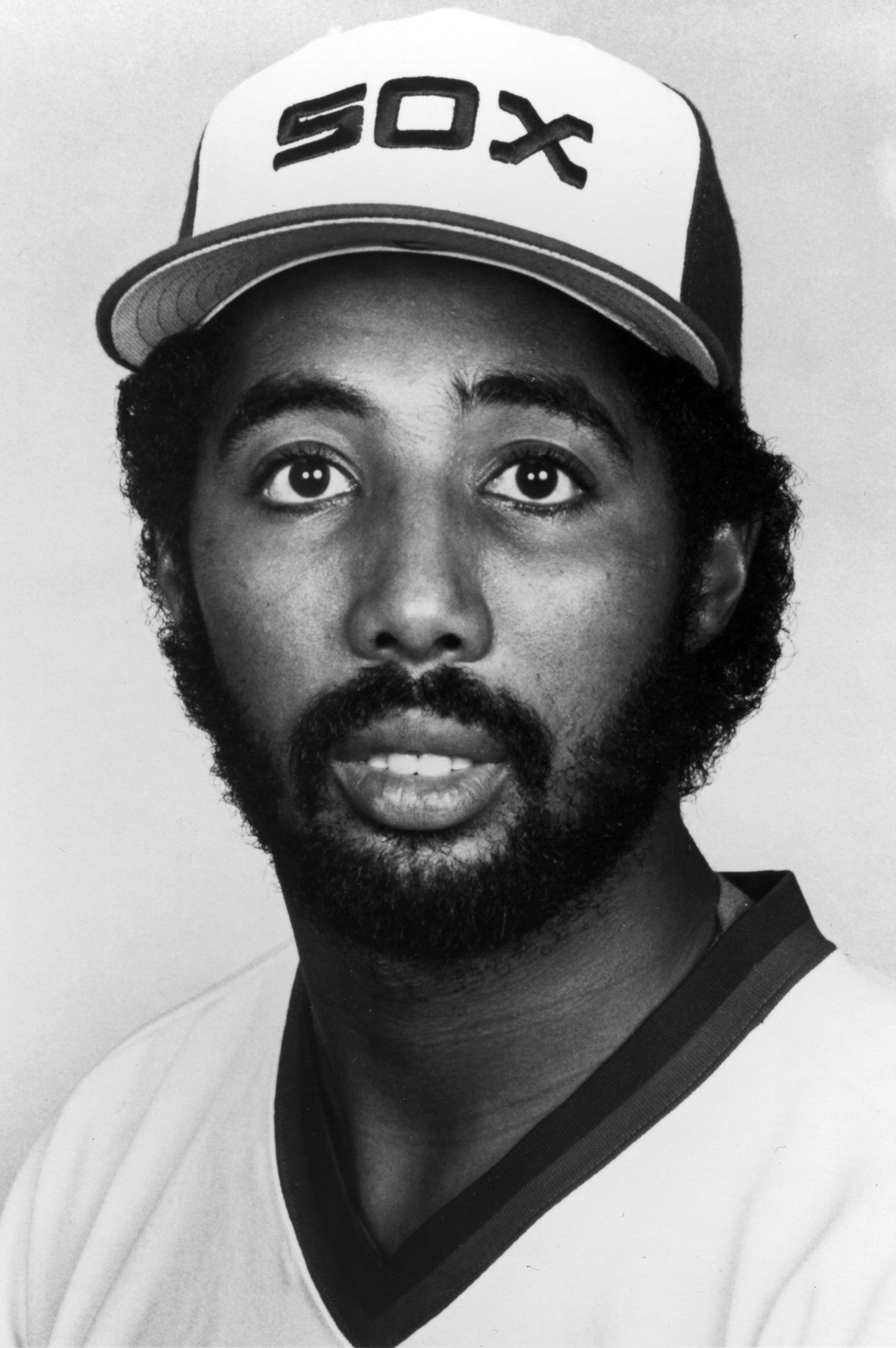
Harold Baines debuts on Today’s Game Era ballot
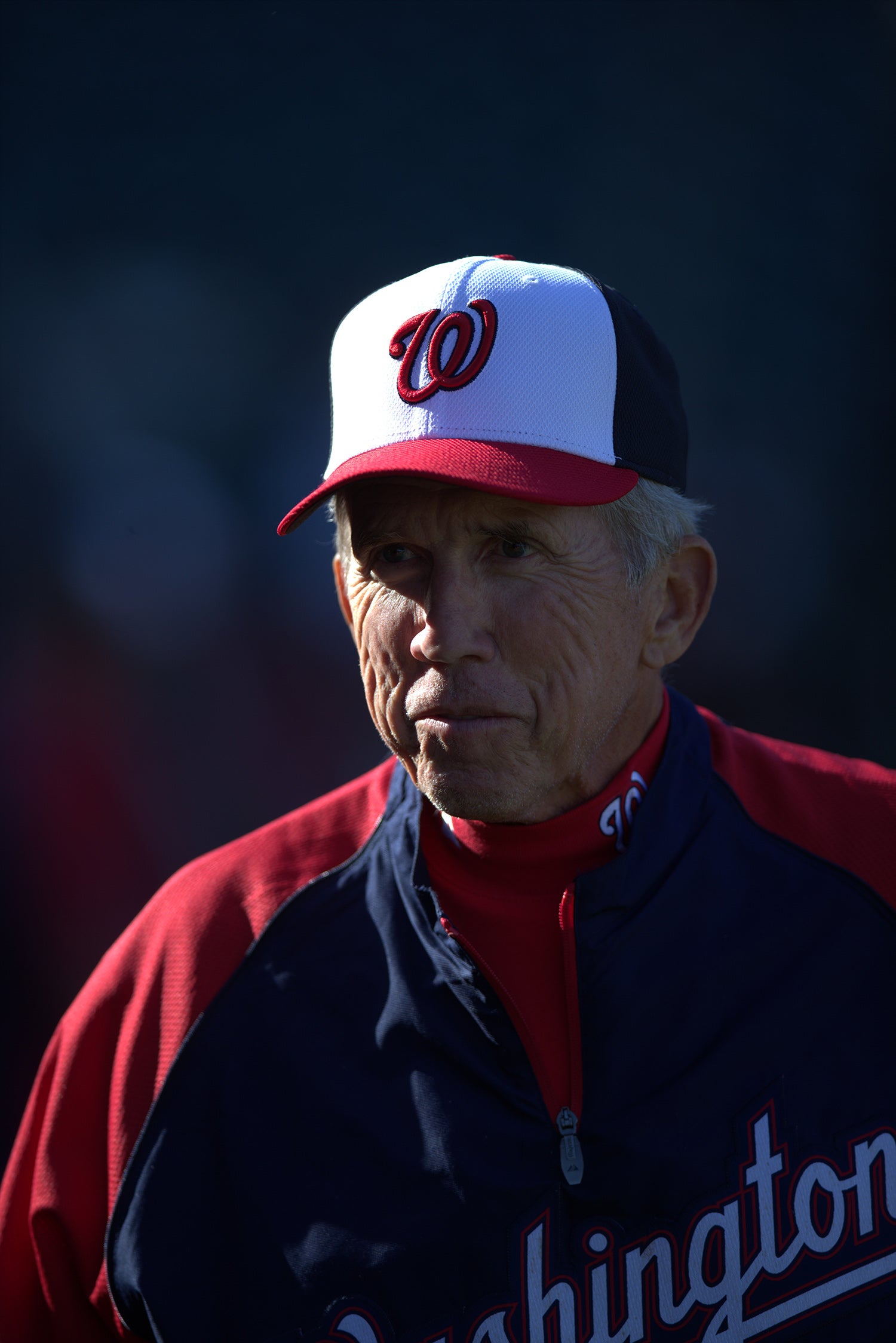
Davey Johnson’s managerial skills lead him to Cooperstown’s doorstep
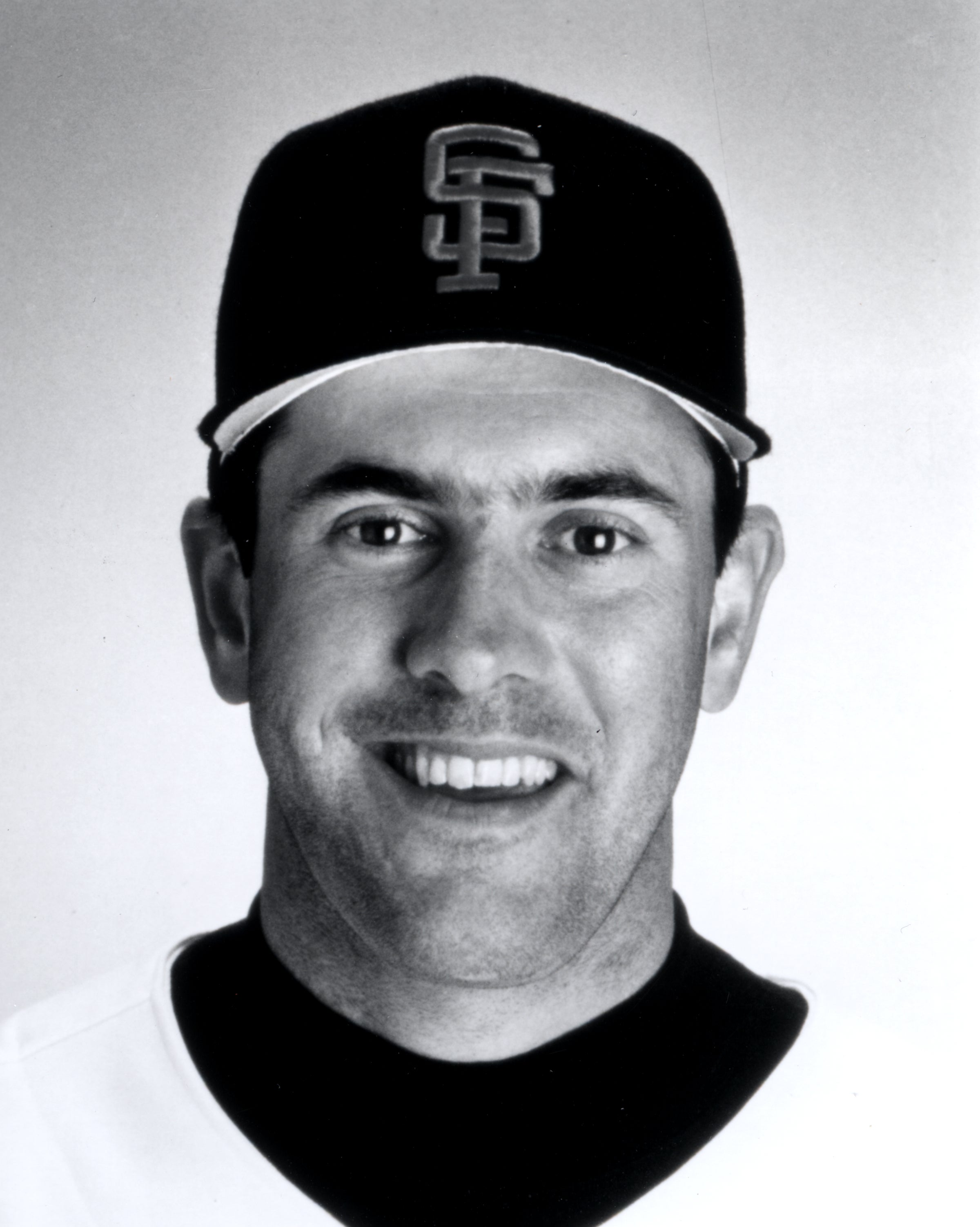
Thrill of Success: Will Clark debuts on Today’s Game ballot

Albert Belle’s numbers earn him a place on Today’s Game Era ballot

Harold Baines debuts on Today’s Game Era ballot

Davey Johnson’s managerial skills lead him to Cooperstown’s doorstep

Thrill of Success: Will Clark debuts on Today’s Game ballot
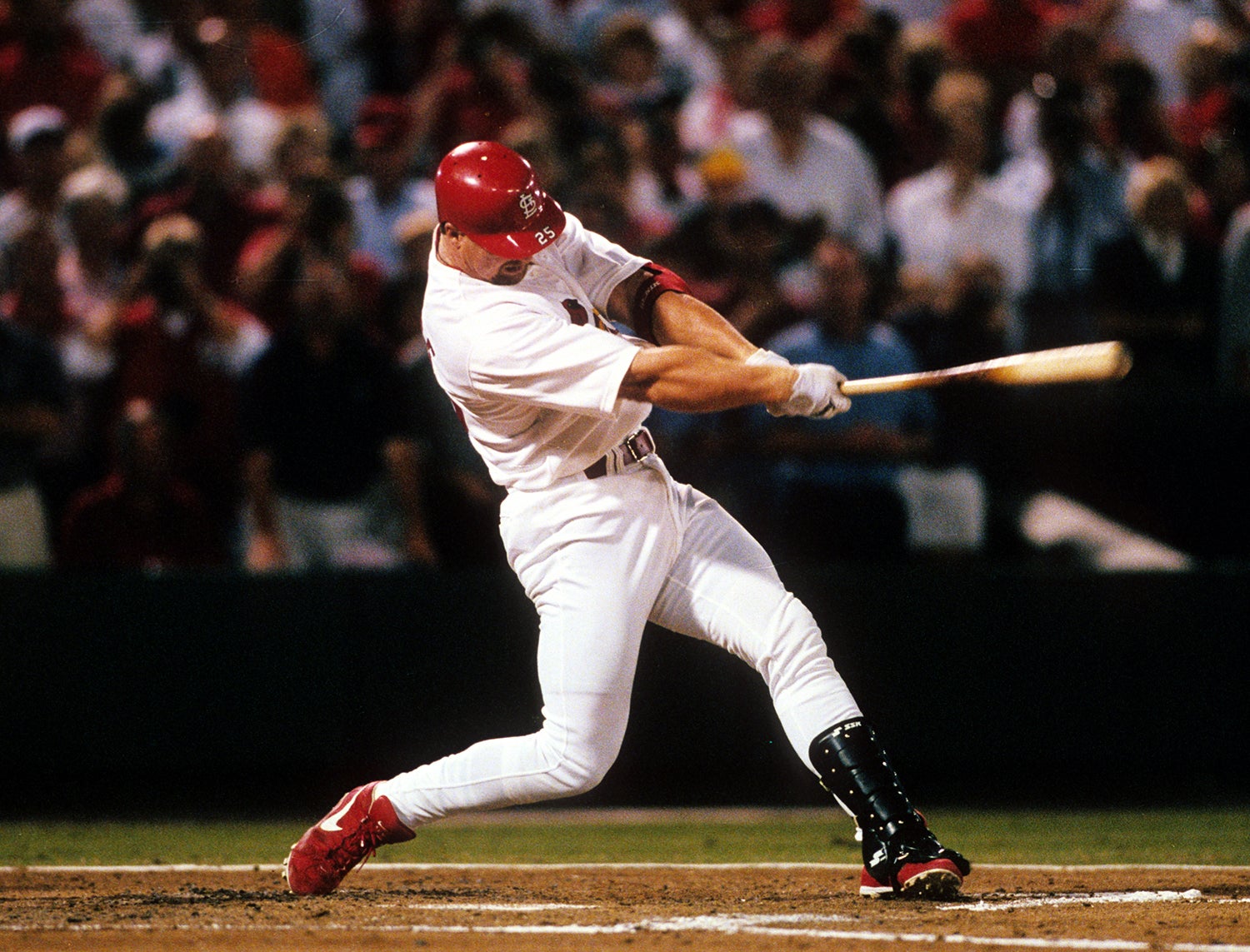
Mark McGwire to be considered by Today’s Game Era Committee
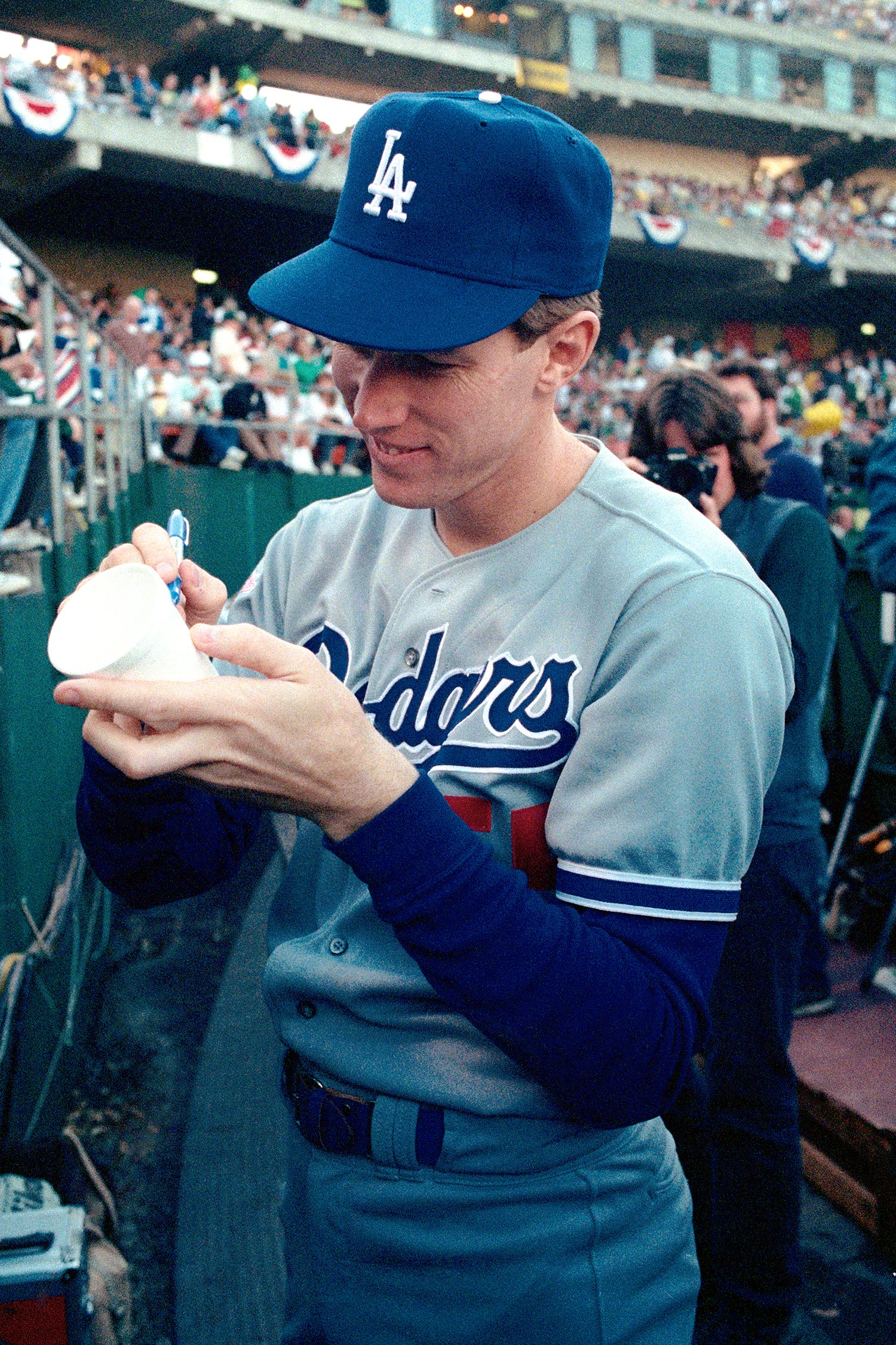
Orel Hershiser debuts on Today’s Game Era Hall of Fame ballot
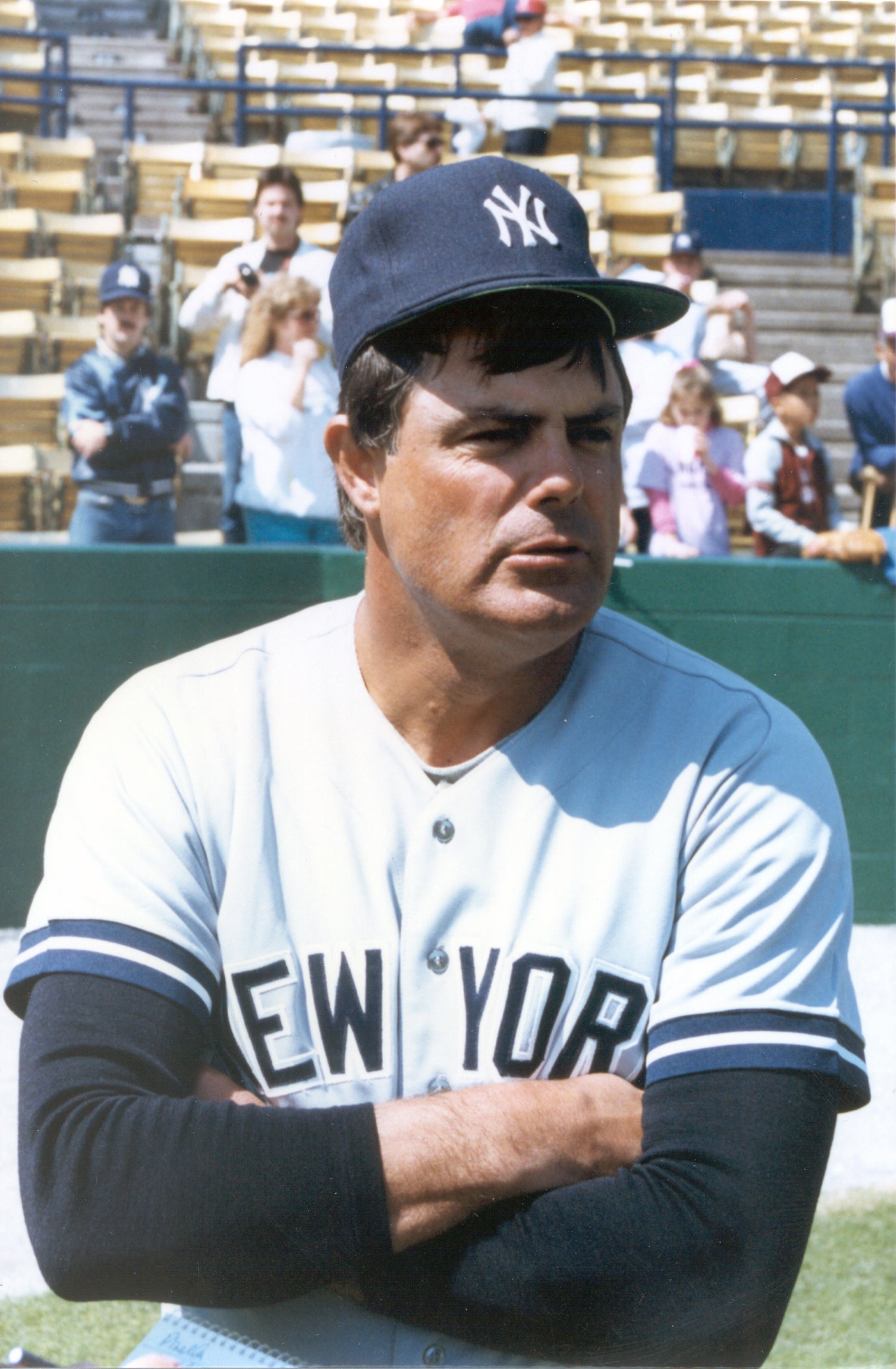
Lou Piniella’s baseball journey takes him to Cooperstown’s doorstep
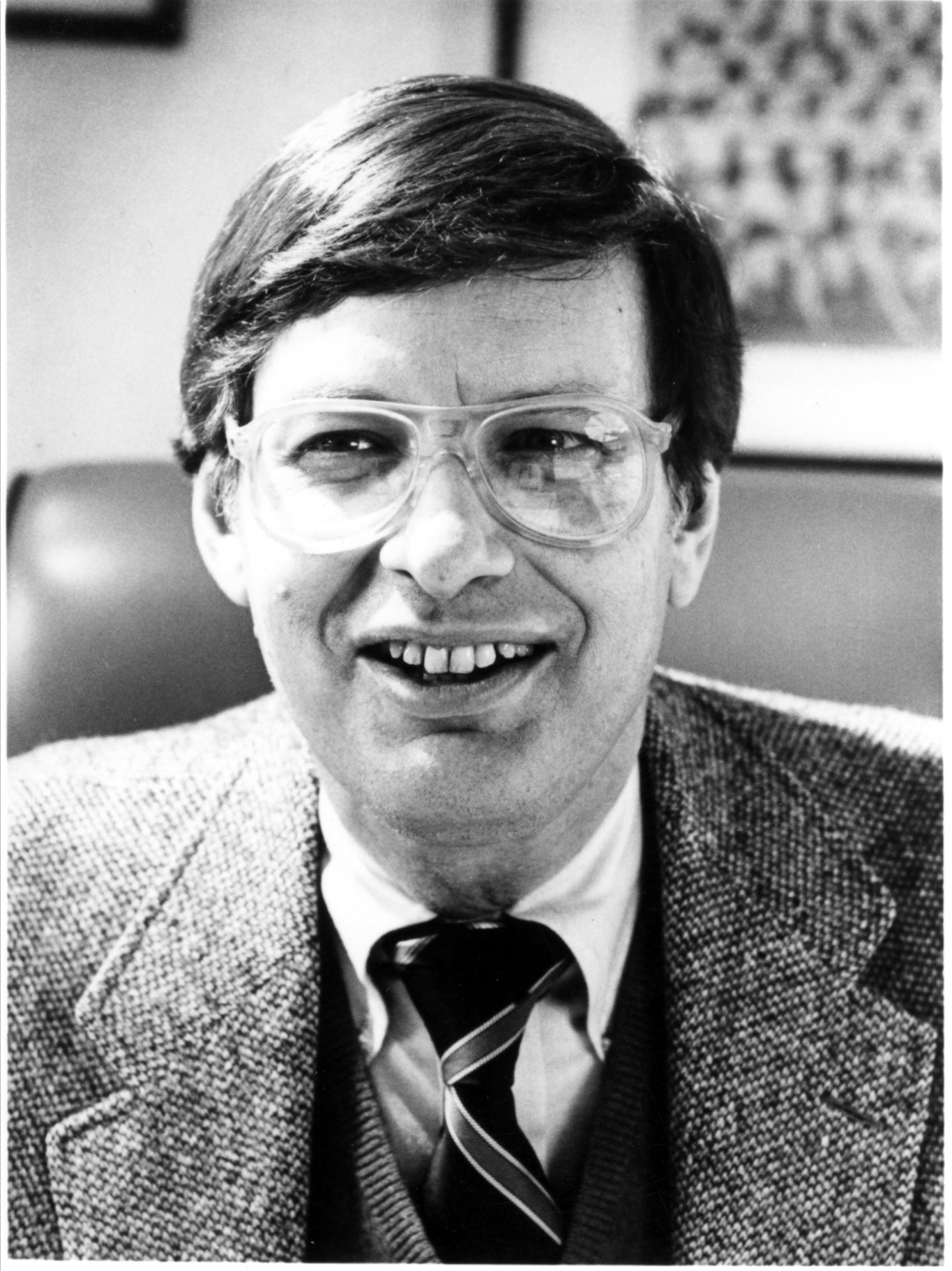
Bud Selig’s work as commissioner leads him to Cooperstown’s doorstep

Mark McGwire to be considered by Today’s Game Era Committee

Orel Hershiser debuts on Today’s Game Era Hall of Fame ballot

Lou Piniella’s baseball journey takes him to Cooperstown’s doorstep

Bud Selig’s work as commissioner leads him to Cooperstown’s doorstep
Related Stories

King John Schuerholz

#CardCorner: 1983 Topps Reggie Smith
Writers Elect Four to the Hall for the First Time in 60 Years

Davey Johnson’s managerial skills lead him to Cooperstown’s doorstep
Finding Aid for BA MSS 105 (Joint Major League Meetings)

Steve Carlton records 3,000th strikeout

Bill Veeck, Eddie Gaedel and the Birth of Legend

Mark McGwire to be considered by Today’s Game Era Committee

Little Lloyd Waner swung a big bat
Today’s Game Era Committee Ballot to Be Considered Dec. 4 at Baseball’s Winter Meetings
01.01.2023
2014 Changes to Voting Process
01.01.2023
Writers Elect Four to the Hall for the First Time in 60 Years
01.01.2023
JOHN SCHUERHOLZ, BUD SELIG ELECTED TO NATIONAL BASEBALL HALL OF FAME BY TODAY’S GAME ERA COMMITTEE
01.01.2023
Fan Favorite Ozzie Smith Hosts 14th Edition of Hall of Fame Weekend Tradition PLAY Ball
01.01.2023


